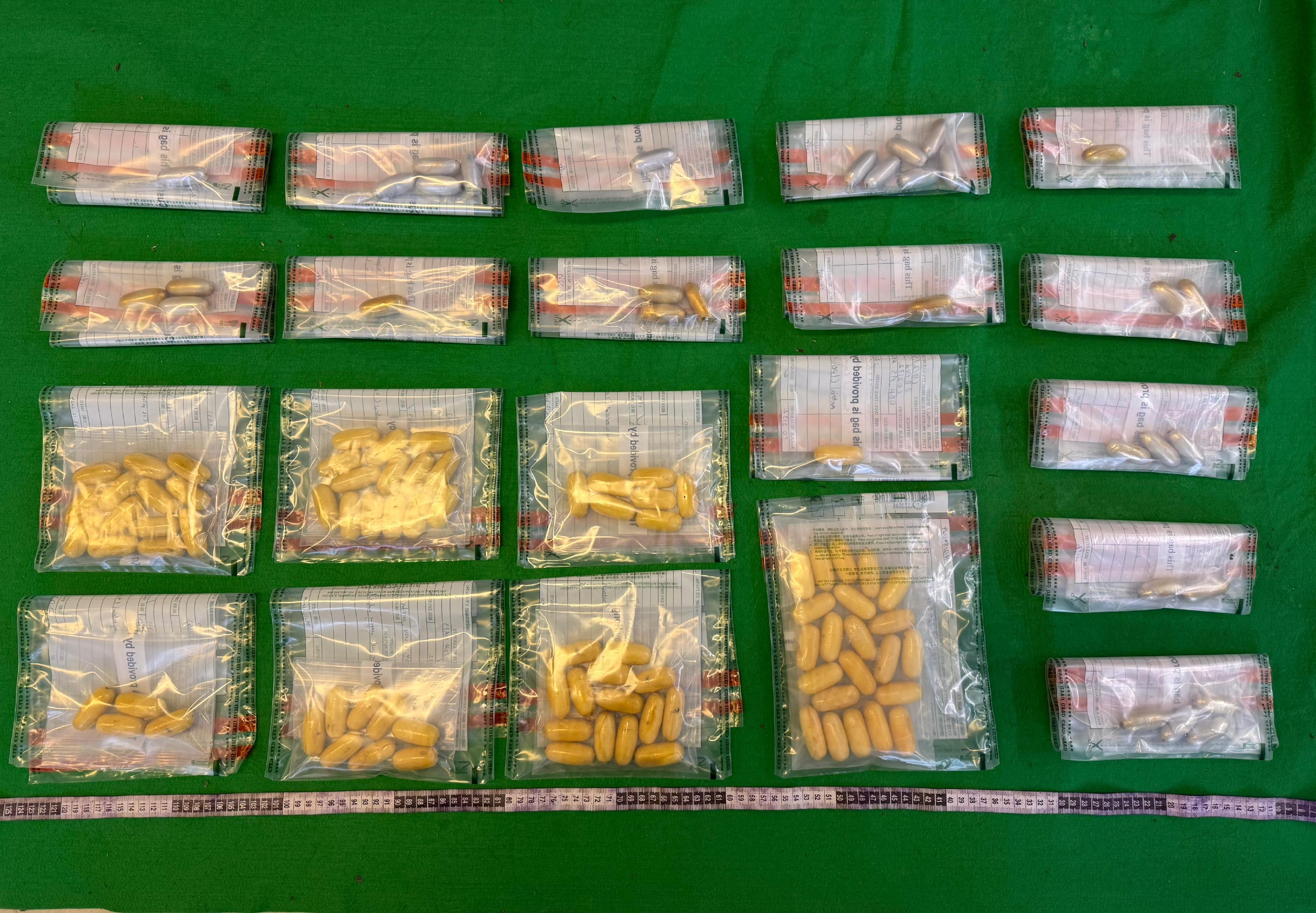The Government published today (December 24) its accrual-based consolidated accounts for the financial year 2023-24.
A Government spokesman said that the accrual-based accounts differ from the cash-based ones in the purposes they serve. “Compiled on the basis of actual cash revenue and expenditure within a financial year, the cash-based accounts serve mainly to demonstrate that public money has been paid within the limits and ambits approved by the legislature. The accrual-based accounts, on the other hand, aim to present more information on the financial performance and position of the Government,” he said.
“The cash-based accounts consolidate the General Revenue Account (GRA) and the Funds established under section 29 of the Public Finance Ordinance (Cap. 2) except the Bond Fund, the balance of which is not part of the Fiscal Reserves. In addition to the GRA and Funds consolidated in the cash-based accounts, the accrual-based accounts include the Exchange Fund, the Hong Kong Housing Authority (HKHA), government business enterprises such as the MTR Corporation Limited and the Kowloon-Canton Railway Corporation, and other government funds such as the Bond Fund and the Quality Education Fund. There are also more comprehensive disclosures of the Government’s assets and liabilities in the accrual-based accounts, e.g. fixed assets, provision for pensions and government debts,” he added.
The key figures shown in the accrual-based accounts as compared with those in the cash-based accounts are highlighted below:
| |
2023-24 |
| |
Cash-based
(HK$ billion) |
Accrual-based
(HK$ billion) |
| |
————- |
————— |
| Financial results |
|
|
|
|
(100.2) |
|
|
|
|
(85.7) |
| Reserves |
|
|
|
|
734.6 |
|
|
|
|
340.1 |
|
|
|
669.5 |
- Capital Expenditure Reserve
|
|
639.5 |
| |
————– |
—————- |
| |
734.6 |
1,649.1 |
| |
————– |
—————- |
| Net assets |
734.6 |
1,649.1 |
The accrual-based Consolidated Statement of Financial Performance reports a deficit of HK$85.7 billion, whereas the cash-based accounts show a deficit of HK$100.2 billion. This is mainly due to inclusion of the surpluses of the Exchange Fund, the HKHA and other funds.
According to the accrual-based Consolidated Statement of Financial Position, the Government’s net assets were HK$1,649.1 billion as at March 31, 2024. These net assets were represented by three reserves: General Reserve of HK$340.1 billion, Exchange Fund Reserve of HK$669.5 billion and Capital Expenditure Reserve of HK$639.5 billion. Notwithstanding these, the cash resources available for the Government’s spending remain to be the Fiscal Reserves, which stood at HK$734.6 billion as at March 31, 2024.
“The General Reserve represents the net financial assets of the Government. The Exchange Fund Reserve refers to the net assets of the Exchange Fund, the use of which is governed by the Exchange Fund Ordinance (Cap. 66), whereas the Capital Expenditure Reserve represents the total net book value of fixed assets,” the government spokesman added.
“The Government’s General Reserve as at March 31, 2024, was HK$340.1 billion, HK$394.5 billion less than the Fiscal Reserves of HK$734.6 billion reported in the cash-based accounts. The difference arises because the net financial assets of the Government in the accrual-based accounts take into account the Government’s liabilities such as government bonds, pensions and untaken leave of staff, partly offset by financial assets such as investments in the MTR Corporation Limited and the Airport Authority.
“Totalling HK$445.6 billion, the government bonds refer to the debt instruments issued under the Government Green Bond Programme and Government Bond Programme. The provision for pensions of HK$967.6 billion, in terms of present value, represents the statutory liabilities in relation to civil servants’ pensions.
“Apart from the liabilities shown in the accrual-based Consolidated Statement of Financial Position, there are also outstanding commitments, largely for capital works, of HK$1,190.4 billion and guarantees of HK$304.8 billion provided under various schemes,” the Government spokesman said.
The public can access the accrual-based and cash-based accounts at the Treasury’s website:
www.try.gov.hk.
read more


